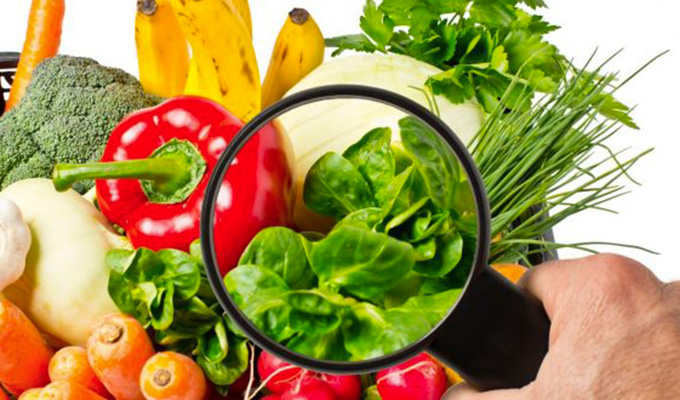Phytosanitary control on import

Phytosanitary import control aims to prevent the introduction and spread of dangerous harmful organisms which can cause direct or indirect losses on the national plant heritage. It concerns plants (live plants and living parts of plants including seeds and fruits) and plant products (unprocessed products of plant origin).
The procedure is carried out by the phytosanitary control service within the border posts (ports, airports, land crossing points).
Plants, parts of plants and plant products imported into Tunisia must be accompanied by a phytosanitary certificate in accordance with the model established by the International Convention for the Protection of Plants (written in Arabic, French or English).
Plants, parts of plants and plant products imported into Tunisia must be accompanied by a phytosanitary certificate in accordance with the model established by the International Convention for the Protection of Plants (written in Arabic, French or English).
If the exporting country is not the country of origin, the plants, parts of plants and plant products must be accompanied by a phytosanitary certificate for re-export conforming to the model established by the International Plant Protection Convention to which will be annexed the original or a copy of the original phytosanitary certificate certified by the exporting country.
Furthermore, the same text authorizes the import without presentation of a phytosanitary certificate or phytosanitary inspection the introduction of 6 families of plants or plant products, with the exception of those covered by the decree of the Minister of Agriculture of 31 May 2012 establishing the list of plants and plant products whose entry into Tunisian territory is prohibited, these plants or plant products concern:
such as oils, vegetable fats, brines, preserves, starches and flours
such as coffee, cocoa and hops.
from Algeria, Morocco and Mauritania.
for pharmaceutical and cosmetic industrial use, or for pastry and confectionery.
with the exception of palm wood from Algeria, Morocco and Mauritania.
in small quantities and for personal consumption with the exception of seeds.